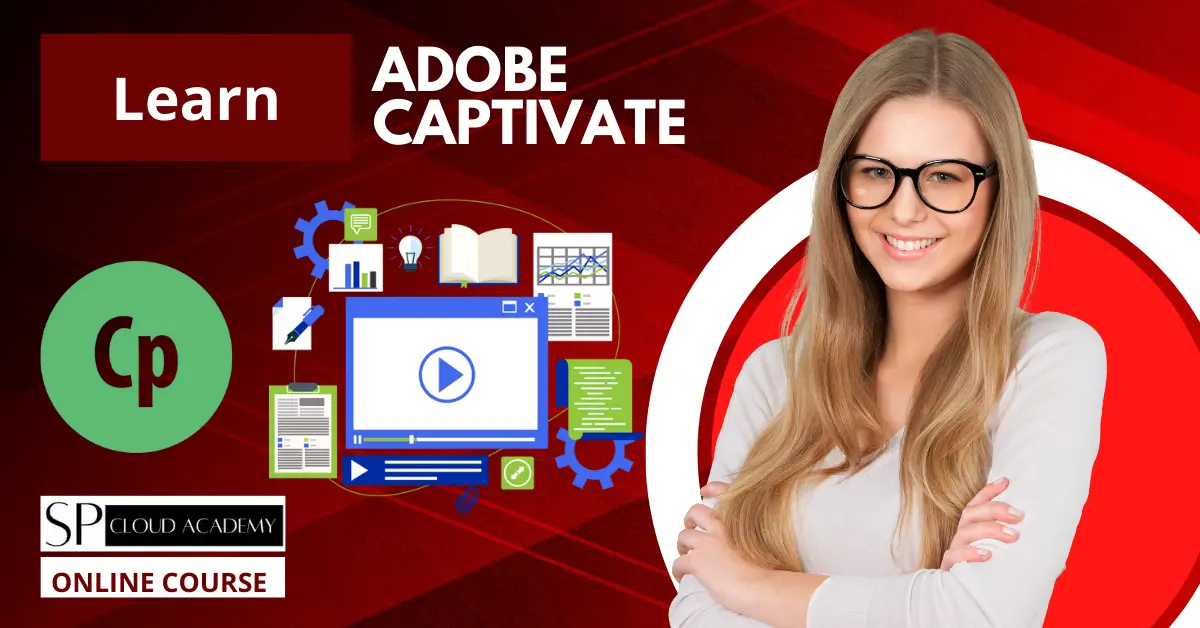Course Overview
This course is designed to equip students with the knowledge and skills needed to succeed in Amazon Affiliate Marketing. The curriculum covers everything from the fundamentals to advanced strategies for optimizing and scaling affiliate marketing campaigns, ultimately helping students to generate a significant income through the Amazon Associates program.
Course Duration
12 weeks
Weekly Breakdown
Week 1: Introduction to Affiliate Marketing
- What is Affiliate Marketing?
- Definition and overview
- Key concepts and terminology
- Benefits and challenges of affiliate marketing
- Understanding the Amazon Associates Program
- History and evolution of Amazon Associates
- How the program works
- Types of commission structures
- Setting Up Your Amazon Associates Account
- Account creation and verification process
- Navigating the Amazon Associates dashboard
- Understanding Amazon’s terms of service and compliance requirements
Week 2: Market Research and Niche Selection
- Identifying Profitable Niches
- Importance of niche selection
- Market research techniques and tools (e.g., Google Trends, Keyword Planner)
- Evaluating Competition
- Analyzing competitors’ strategies and performance
- Identifying gaps and opportunities in the market
- Selecting Products to Promote
- Criteria for product selection
- Tools to identify high-converting products (e.g., Jungle Scout, Helium 10)
Week 3: Creating Your Website
- Domain and Hosting
- Choosing an effective domain name
- Selecting a reliable hosting provider
- Website Setup
- Installing and configuring WordPress
- Essential plugins for affiliate marketing (e.g., Yoast SEO, ThirstyAffiliates)
- Design and User Experience
- Selecting and customizing themes
- Optimizing site navigation and layout for user experience
Week 4: Content Creation Strategies
- Types of Content
- Blog posts and articles
- Product reviews and comparisons
- Buying guides and tutorials
- SEO Basics
- Keyword research and selection
- On-page SEO techniques (e.g., meta tags, internal linking)
- Writing High-Quality Content
- Content structure and readability
- Techniques for engaging and persuasive writing
Week 5: Advanced SEO Techniques
- Off-Page SEO
- Link building strategies (e.g., guest posting, outreach)
- Social signals and their impact on SEO
- Technical SEO
- Site speed optimization (e.g., caching, image compression)
- Mobile optimization and responsive design
- Local SEO
- Importance of local SEO for niche sites
- Strategies for attracting local traffic
Week 6: Traffic Generation Strategies
- Organic Traffic
- Blogging strategies for traffic generation
- Social media marketing (e.g., Facebook, Instagram, Pinterest)
- Paid Traffic
- Google Ads and search engine marketing (SEM)
- Facebook Ads and social media advertising
- Email Marketing
- Building and segmenting an email list
- Creating and automating email campaigns
Week 7: Monetization Strategies
- Amazon Affiliate Links
- Types of affiliate links (e.g., text links, image links, native ads)
- Best practices for link placement and contextual linking
- Other Affiliate Networks
- Exploring additional affiliate programs (e.g., ShareASale, Commission Junction)
- Diversifying income sources with multiple affiliate networks
- Maximizing Conversions
- Conversion rate optimization (CRO) techniques
- A/B testing and multivariate testing
Week 8: Analytics and Tracking
- Google Analytics
- Setting up and using Google Analytics
- Key metrics to track (e.g., traffic sources, user behavior)
- Amazon Associates Reports
- Understanding performance reports
- Analyzing click-through rates (CTR) and earnings reports
- Third-Party Tools
- Tools for tracking and optimizing campaigns (e.g., Ahrefs, SEMrush)
- Integrating tools with your website for enhanced analytics
Week 9: Legal and Ethical Considerations
- FTC Guidelines
- Disclosure requirements for affiliate marketers
- Avoiding deceptive practices and maintaining transparency
- Amazon Associates Policies
- Compliance with Amazon’s terms of service
- Common pitfalls to avoid to prevent account suspension
- Protecting Your Brand
- Building trust and credibility with your audience
- Ethical marketing practices and maintaining integrity
Week 10: Case Studies and Real-World Examples
- Successful Affiliate Marketers
- Case studies of successful affiliates and their strategies
- Lessons learned from their experiences
- Analyzing Successful Campaigns
- Identifying key factors that contribute to a campaign’s success
- Applying successful tactics to your own campaigns
Week 11: Scaling Your Affiliate Marketing Business
- Outsourcing and Automation
- Hiring freelancers and virtual assistants
- Using automation tools to streamline processes
- Expanding Your Reach
- Scaling content production and marketing efforts
- Exploring new niches and product categories
- Advanced Marketing Strategies
- Retargeting and remarketing techniques
- Leveraging advanced analytics for growth
Week 12: Course Review and Final Project
- Review of Key Concepts
- Recap of major topics covered throughout the course
- Addressing any remaining questions and clarifying concepts
- Final Project
- Creating a comprehensive affiliate marketing plan
- Presenting the plan to the class and receiving feedback
- Next Steps
- Continuing education resources and recommended further reading
- Planning for long-term success and career growth in affiliate marketing
Resources and Tools
- Recommended Reading
- Books, articles, and blogs on affiliate marketing
- Online Tools
- SEO tools (e.g., Ahrefs, SEMrush)
- Content creation tools (e.g., Grammarly, Canva)
- Analytics tools (e.g., Google Analytics, Hotjar)
- Community and Support
- Online forums and communities (e.g., Reddit, Facebook groups)
- Support from instructors and peers
Assessment and Certification
- Weekly Assignments
- Practical tasks and assignments to reinforce learning
- Quizzes and Exams
- Periodic quizzes and exams to test knowledge and understanding
- Final Project
- Comprehensive affiliate marketing plan as the capstone project
- Certification
- Certificate of completion for students who successfully complete the course
See Also
Amazon Affiliate Marketing: https://spca.education/category/digital-marketing/amazon-affiliate-marketing/





